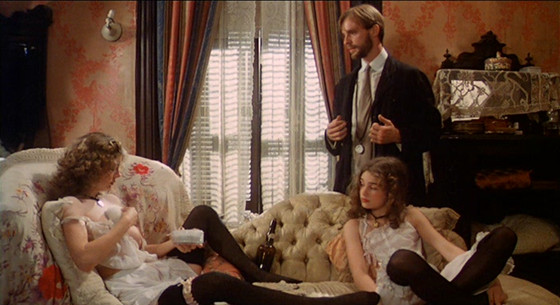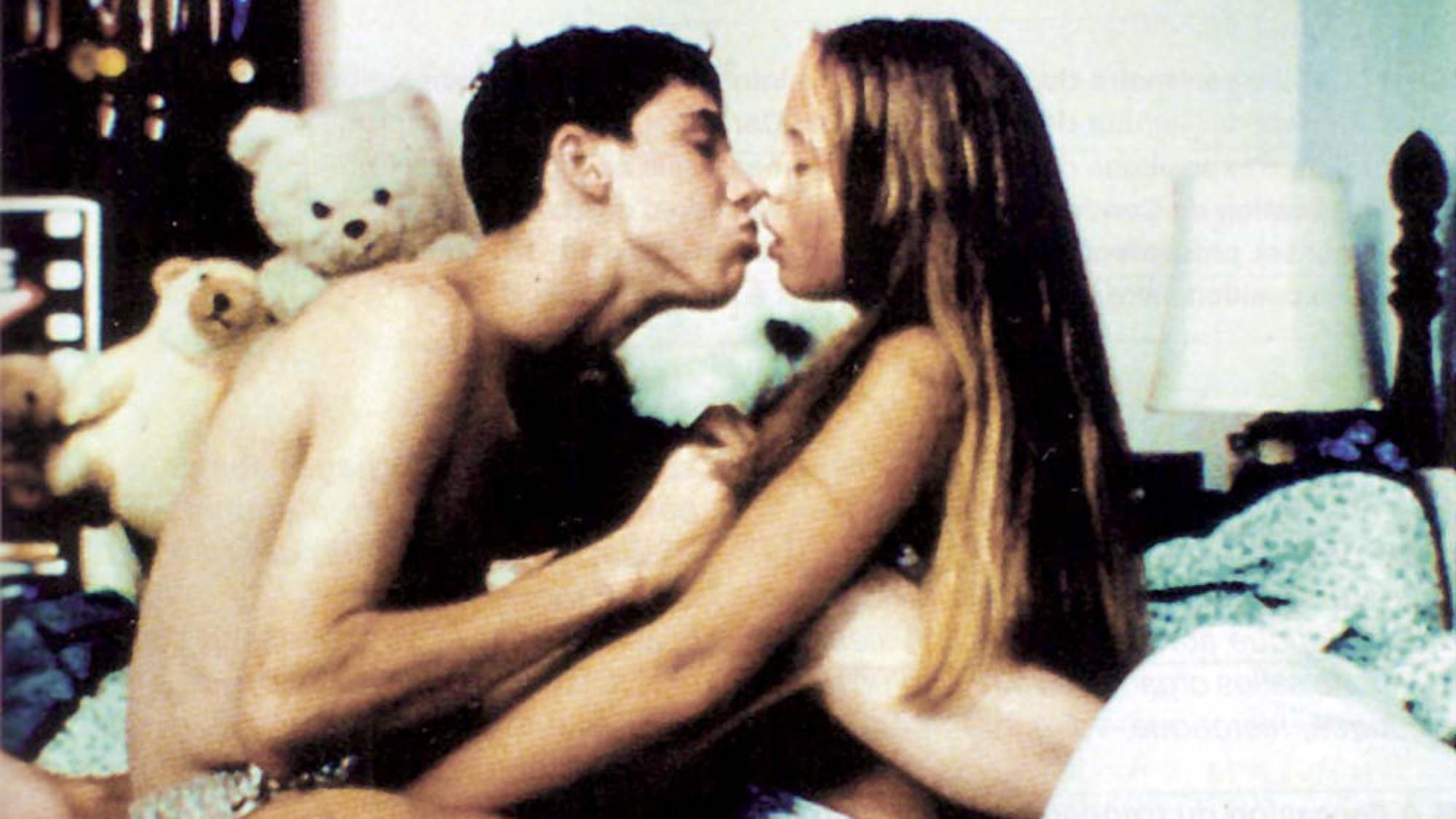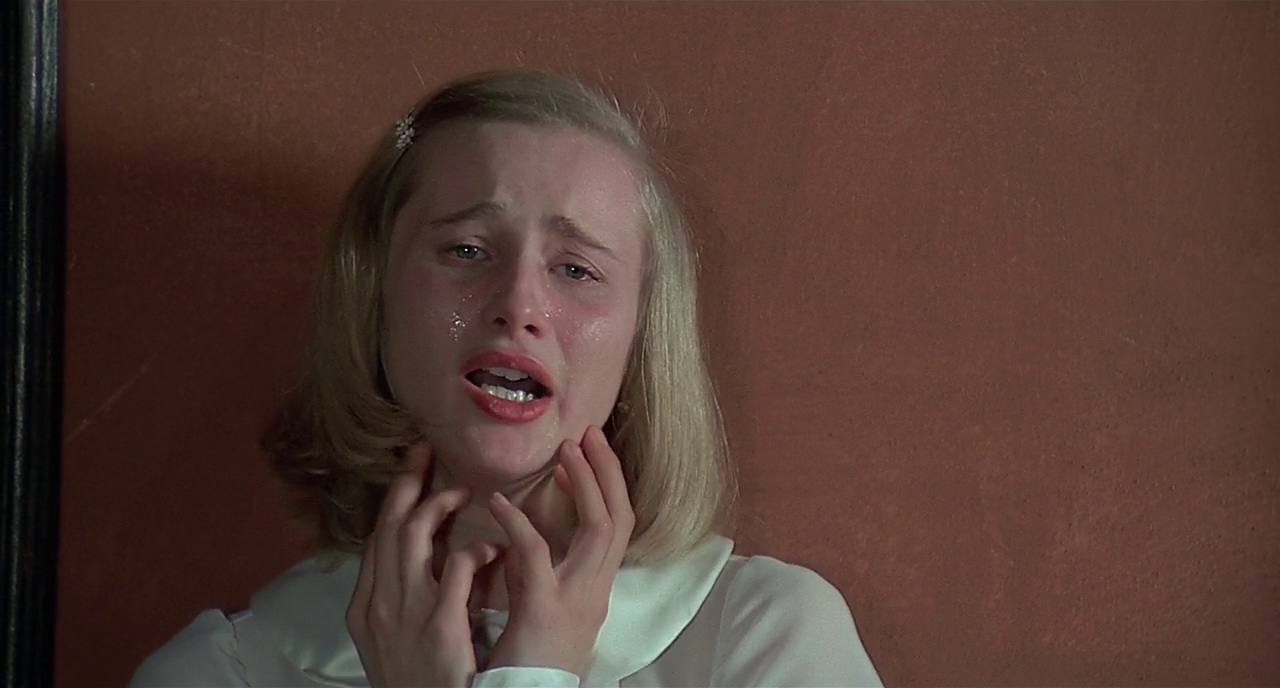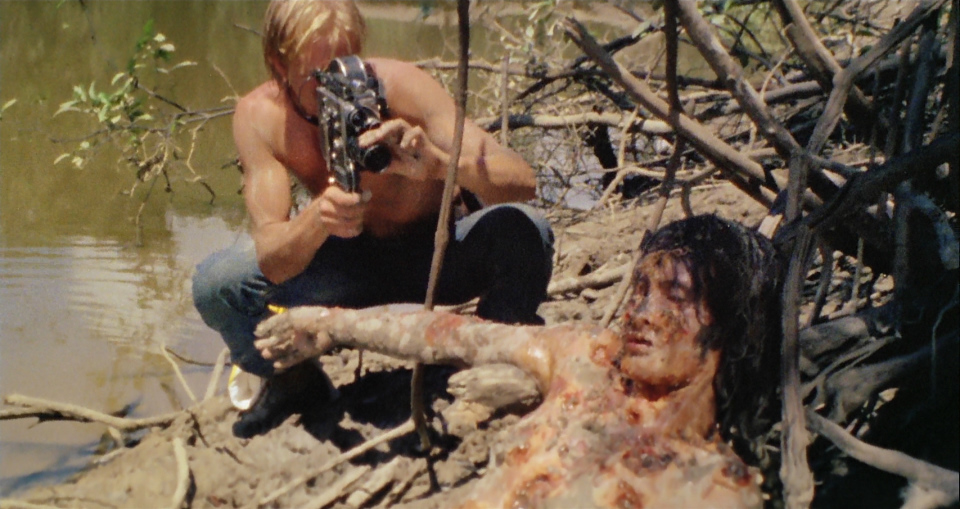5. Pretty Baby

Pedophilia is rightfully one of the few existing sexual taboos in Western society, so any film that centers on the subject must tread lightly. Stanley Kubrick’s Lolita is the most renown such film, and it has the good taste to never actually depict any sex or nudity.
Louis Malle’s Pretty Baby has no such taste, as a twelve-year-old Brooke Shields is shown naked in a film about child prostitution. The film was understandably banned in parts of Canada and only a censored version of it was released in the United Kingdom until the advent of DVD, all while the makers of the film and Shield’s parents were subject to international scorn.
What’s even more shocking than the film’s content is the fact that it was released by a major studio – Paramount Pictures. Why would a major studio think that the masses would want to see something so disgusting? Pretty Baby makes sense only as a product of its time.
During the late 1960’s and 1970’s, New Hollywood filmmakers were dying to test every cinematic boundary. They directly depicted things earlier Hollywood filmmakers could not, including profanity (Who’s Afraid of Virginia Woolf?), graphic violence (Taxi Driver), homosexuality (Cabaret), and rape (Deliverance), so a film like Pretty Baby was the result of this rebelliousness taken to the nth degree. Thank God it didn’t end any taboos.
4. Kids

In the 1990’s, the 1970’s were all the rage. The decade gave us That 70’s Show, successful re-releases of Grease and Star Wars, a brief re-emergence of disco, and a generation of filmmakers who desired to be the New New Hollywood.
While Quentin Tarantino made films with enough violence to make Wes Craven blush and Gus Van Sant explored sex between consenting adults, photographer-turned-director Larry Clarke became the Louis Malle of his generation with Kids. Kids is centered on underage teenagers having sex, abusing drugs, and contracting STIs.
Some critics saw it as a mirror held up to the nihilistic excesses of Generation X, while others felt it as shallow provocation similar to Gummo, another notorious film scripted by Harmony Korine. Time is usually the judge of these things; while other controversial films have gone on to become timeless classics, Kids is more of a curiosity piece that continues to fade from the collective memory.
3. Salo, or the 120 Days of Sodom

The Marquis de Sade’s The 120 Days of Sodom is one of the most horrific texts in the Western canon. A novel about a brutal orgy of rape in a French castle, it was first published in 1900, but it wasn’t until 75 years later than any director had the guts to create a film based on the book. Enter Pier Paolo Pasolini, an Italian arthouse director, who decided to make the original book even more provocative by making the villains fascists.
Given that Pasolini’s most famous film before creating this one was The Gospel According to St. Matthew, a tasteful neorealist take on the life of Christ, critics and audience are divided – was Pasolini lowering himself by making such garbage or was the material elevated by an auteur? The answer to that question makes the film no less disturbing.
2. The Texas Chain Saw Massacre

Tobe Hooper’s The Texas Chain Saw Massacre has to be an extremely gory film. Why else would it have such a title? The truth is that it isn’t – there’s barely a drop of blood onscreen. Regardless, it still creates an atmosphere of terror with a potent combination of realism and chaos.
This is a film that could happen; it’s also shot like a documentary or wartime news reel and lacks a musical score, making it feel about as real as a movie can. It is also one of the few films that creates a genuine atmosphere of chaos – the villain Leatherface and his family seem like insane people, note the melodramatic simulacrum of insanity we get from Hannibal Lecter or Batman villains, and what they will do is always in question.
Now, why would a film like this get banned? Previous films about cannibalism and psycho killers had been released without incident, but this one managed to get banned in several countries. The issue was not – and could not be – the film’s gore.
It was essentially just that the film was too effective, too terrifying for audiences, which proves that fake blood is not the path to the audience’s terror zone. That dynamic path can only be navigated by the most intelligent of directors, and sadly Hooper never equaled Massacre.
1. Cannibal Holocaust

Special effects have evolved from the crude (if charming) days of George Méliès and Ray Harryhausen, but Cannibal Holocaust is the only film in history to cause legal trouble due to its special effects. The film is the story of a group of filmmakers who attempt to make a documentary about Amazonian cannibals.
The violence in the film is so graphic and realistic that allegations arouse that Cannibal Holocaust is a commercial snuff film. This resulted in the film’s director Ruggero Deodato having to prove in court that the film’s death scenes were staged. Imagine if James Cameron had to do that after he made Titanic!
The film has also garnered controversy because its filmmakers killed several animals onscreen and because of its allegedly racist depiction of Amazonian tribes. While the Amazonian actors featured in the film didn’t mind its script, the animals featured in the film probably did.